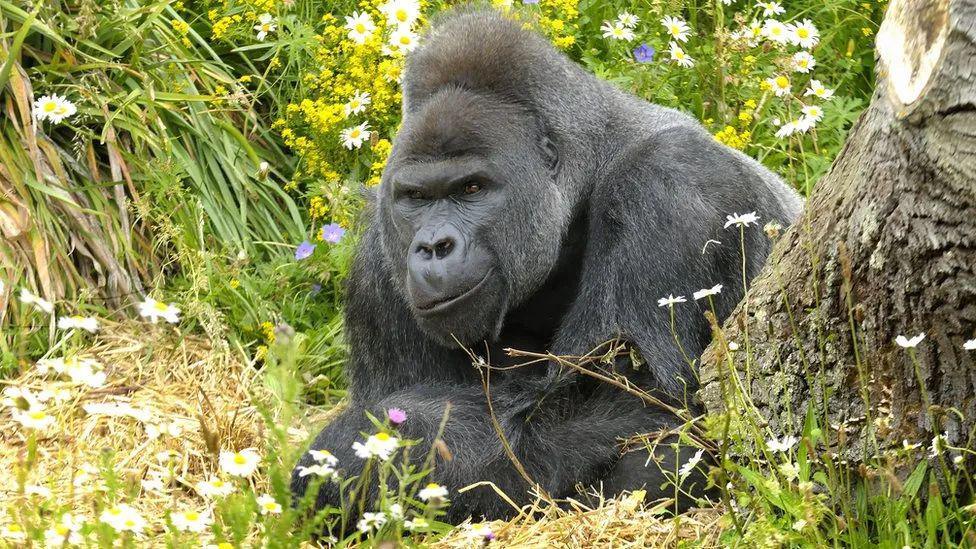Filming big cats in the wilderness was 'incredible'
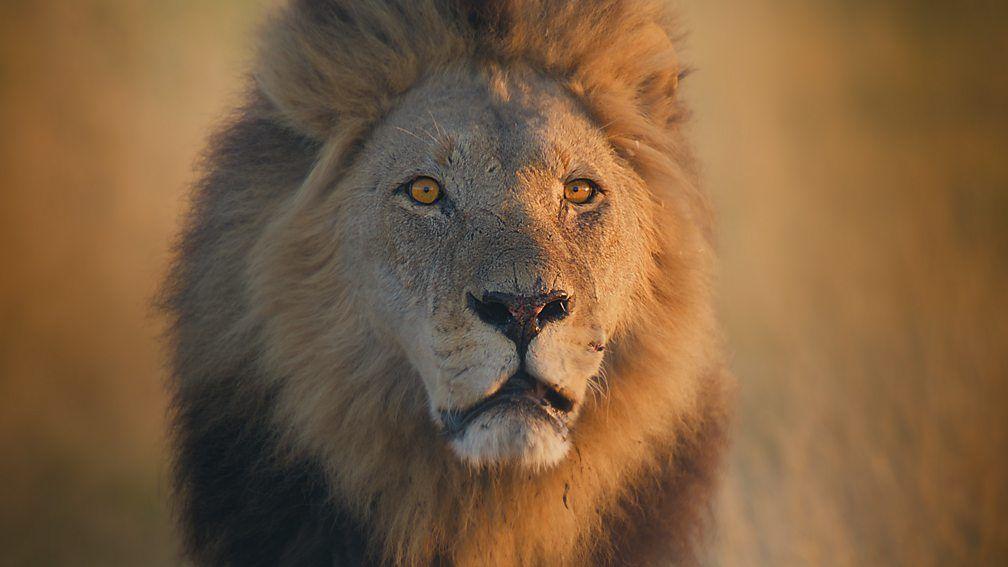
Big Cats 24/7 follows the lives of big cats throughout the day and into the night
- Published
A team of wildlife filmmakers who spent six months filming big cats in an African wilderness say it was an "incredibly rewarding experience".
Big Cats 24/7 is a new documentary series which follows the daily lives of lions, cheetahs and leopards living in the Okavango Delta in Botswana.
The six-part series was filmed over six months by a film crew from the BBC's Natural History Unit (NHU) in Bristol and is now available to watch on BBC iPlayer.
“They’re arguably one of the most charismatic animals on the planet," said executive producer Tom Jarvis.
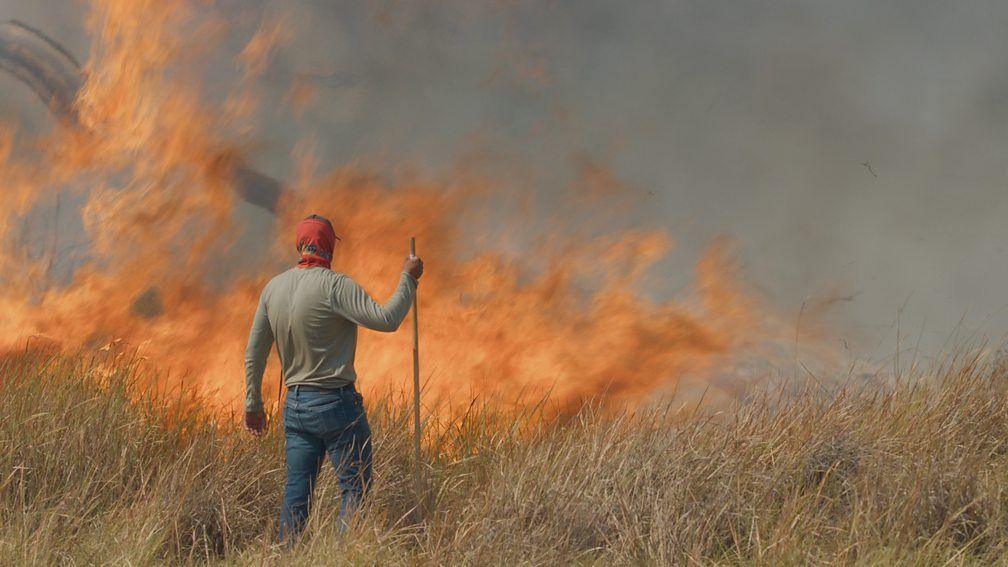
The crew encountered a wildlife while they were filming the series
"The Okavanga Delta is literally like no where on earth," continued Mr Jarvis.
"It's described as one of Africa’s last wildernesses, and it certainly delivers on that."
A team of 30 people from the NHU joined forces with local staff in Botswana, staying in a remote filming camp.
“We were living and working in a remote film camp in the middle of nowhere so it took us four hours on a dirt track to get into where we were going to be working, and then we went deeper into the bush," said Mr Jarvis.
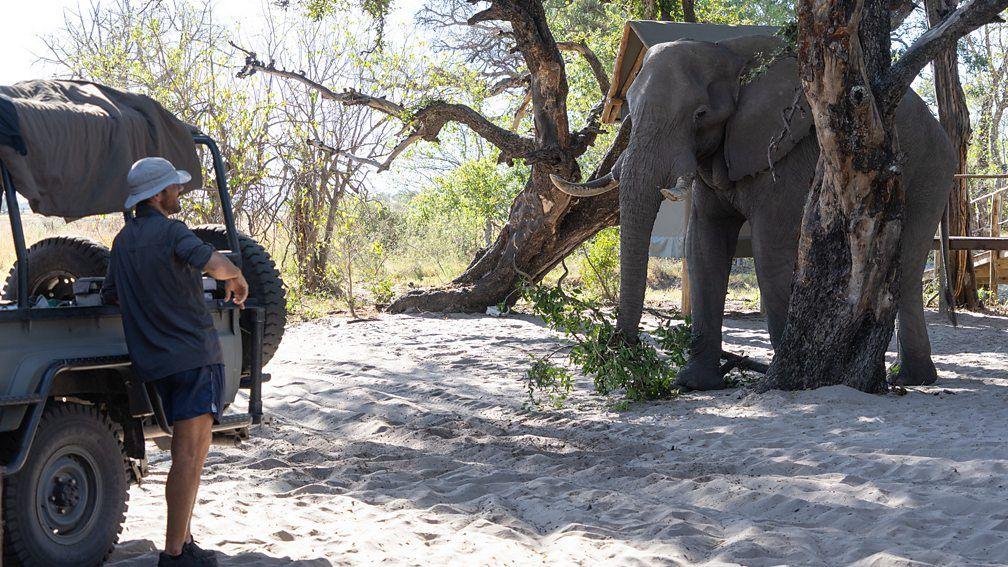
Animals such as elephants would occasionally walk through the camp
While on location, the team faced a number of challenges, including facing a wildfire, which almost burnt down their camp in the early weeks of filming.
They also had some unexpected visitors at times, including an elephant which walked through camp, often causing some destruction.
“We have moments that we’re constantly reminded that we’re living in a wilderness, because [the animals] will come through camp," said Mr Jarvis.
Over six months, the team captured 10,000 hours worth of material, which they condensed into six hours of television.
Mr Jarvis said: “My hope is when people watch the series, you see that cats are powerful predators, but they’re also loving, caring, sensitive, compassionate to each other."
Get in touch
Tell us which stories we should cover in Bristol
Follow BBC Bristol on Facebook, external, X, external and Instagram, external. Send your story ideas to us on email or via WhatsApp on 0800 313 4630.
- Published29 April 2024
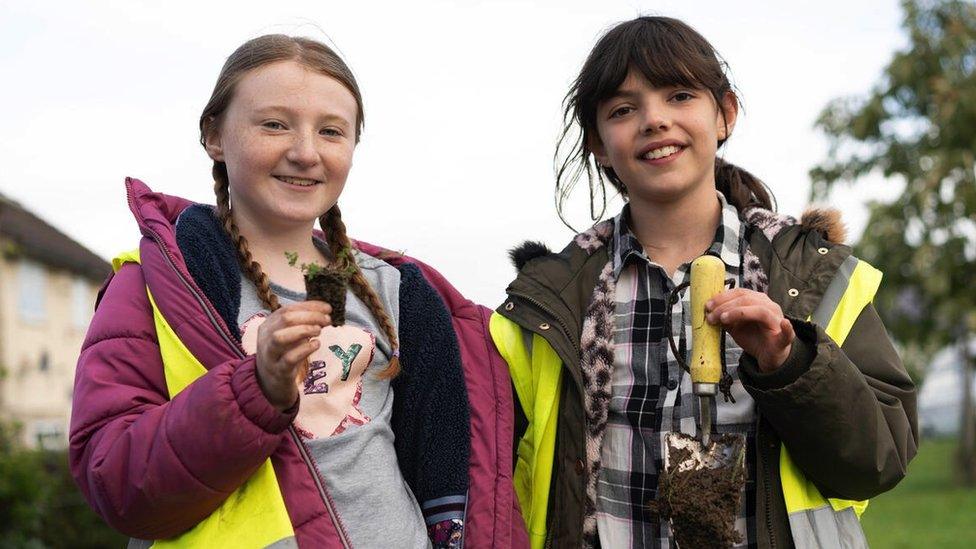
- Published5 June 2024
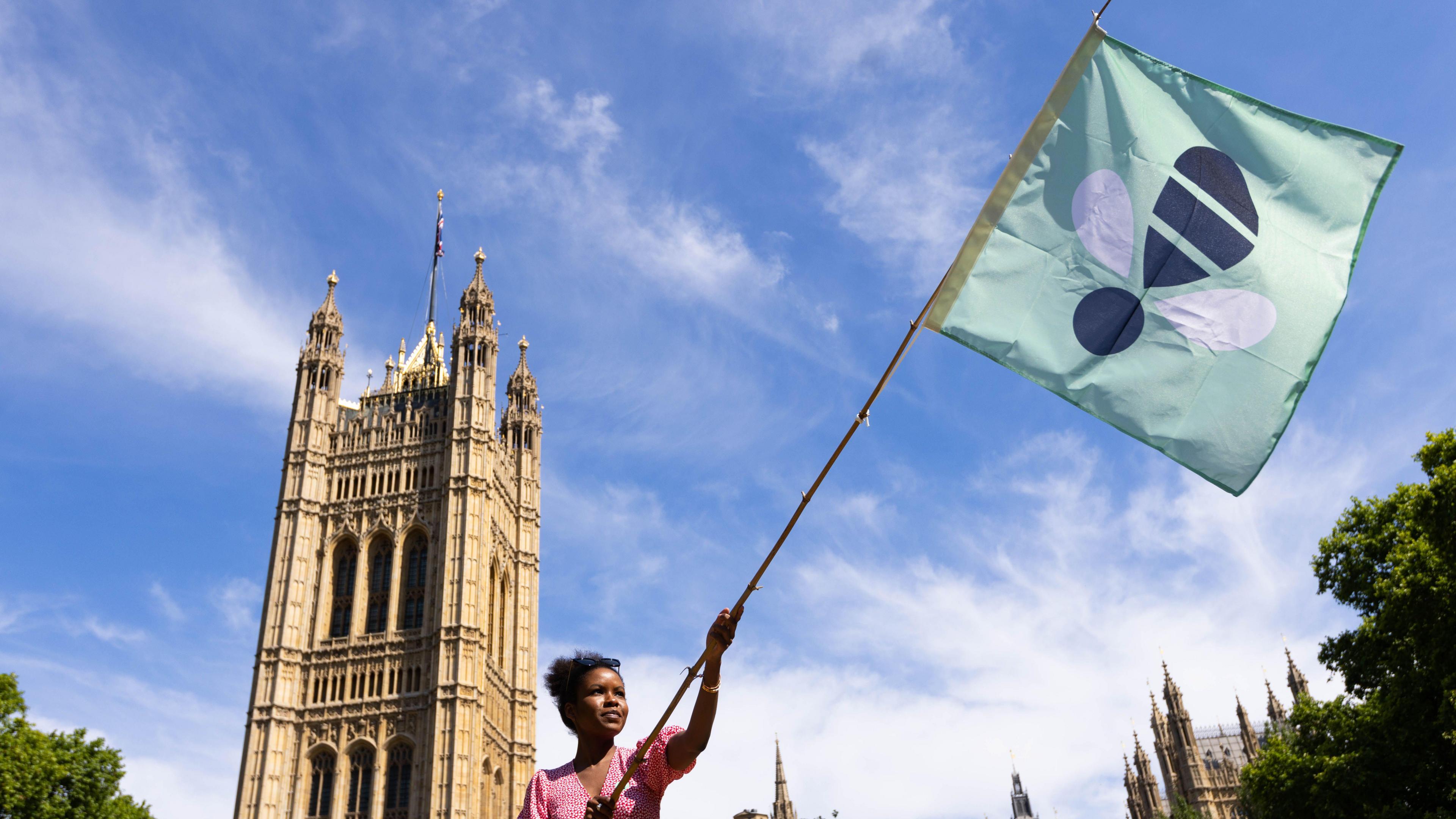
- Published4 July 2024
